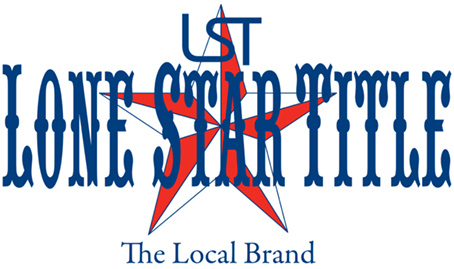Just the other day I received what appeared to be a fraudulent real estate closing email – complete with wire instructions and all!
Because this is not all that uncommon, I immediately recognized it as a wire fraud phishing attempt.
However, as I re-read the email, I began to think about all of the people I know who might mistake this as a legitimate email; especially if they are currently in the process of buying or selling a home or are active real estate agents.
This realization was disheartening, to say the least…
Below you’ll find the both the red and green flags that I found while analyzing the email, and best ways to train your team, staff, partners, buyers and sellers so they don’t become a victim.
Green Flags
At first blush the email appears it could be legitimate. This is especially the case if you deal with similar emails day in and day out for your real estate business, mortgage company, law firm, or if you are in the process of buying to selling real estate.
Industry Lingo
Here are some common industry terms that the sender used that made the email appear legitimate.
- “CD”
- “E & O Policy”
- “chain of title”
- “Wiring instructions”
- “Prelim CD”
- “CPL” or Closing Protection Letter
Other Subtle Details
Besides the industry jargon, the sender did a good job wording the email in a casual but professional way. Below are a few subtle details and phrases that one might see in legitimate emails like this.
- “Attached is the new contract.”
- “Contract is enclosed via encrypted secure OUTLOOK365 PDF format.” This type of security is common in the industry.
- “Realtor” is capitalized.
- The area code in the phone number matches the city and state that is listed on the address in the signature line
- The law firm and the logo appear to be legitimate.
As you can see there are many factors working against the recipient of this email. All the sender needs is for one person to believe the email in order to steal funds.
Red Flags
This email is obviously fraudulent, or at least a mistake at best if you are not buying or selling real estate.
But theoretically let’s say you and your clients do have some real estate transactions pending.
If that is the case, what are some ways you can spot that this is a fraudulent email?
The first subtle clue for me was that I didn’t recognize the person’s name.
So next look at the sender’s job title of “Loan Officer Assistant” and I think maybe this is the assistant of the person who I was working with.
The mention of the “Melbourne Processing” being “cc’d” is a little strange to me because I don’t see any other email addresses copied on the email.
Because I am from the title industry, the huge red flag for me was the mention of a wire transfer followed by all caps: “AS SOON AS POSSIBLE, PLEASE”.
But what if I was a first-time homebuyer? That phrase alone might cause me to take quick action on the email.
It is scary to think that your clients could potentially lose their life savings from an email like this.
A few other subtle red flags-
There are several other subtle red flags that appear as we studied the email critically but might go unnoticed.
One of which is the reference to the PDF attachment. The actual attachment appears to be an HTML, not a PDF.
Next, when we looked at the signature line and who actually sent the email in the headers (To, From, CC, etc.) the email addresses don’t match. The email in the signature appears legitimate but the sender email is very strange.
Often times email clients like Outlook or Gmail don’t show the sender email address by default. They typically only show the person’s name so this one might be difficult for many to catch.
How to recognize a fraudulent email-
The bottom line is that it is important to warn all parties with which you work about the fraudulent emails that have been circulating and the general threats to our industry via wire fraud attempts.
Here is a great video and instructions that ALTA released recently that you are welcome to share or post to your website to help educate the people you work with.
To make this easier for you Lone Star Title condensed this article into a PDF summary of a wire fraud warnings and how to protect yourself.
View and download it here and share it with your staff, buyers, sellers, Realtors, Lenders, and other partners!
Lone Star Title is working tirelessly to be sure that our entire company and our customers are well educated and aware of the threats to our industry. Together, we can keep your transactions safe & secure and get them to the closing table successfully!
